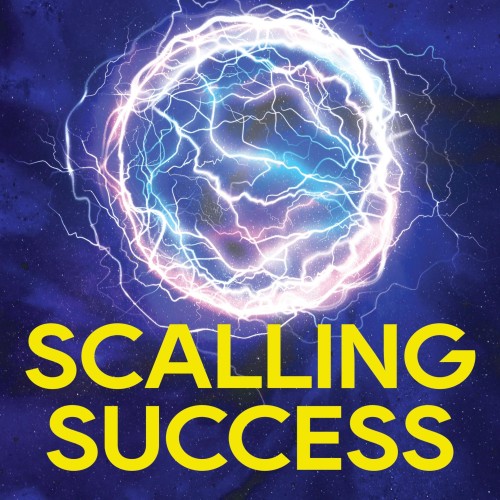In July 2020, the European Commission published A Hydrogen Strategy for a Climate Neutral Europe, intended to complement and support both its Energy System Integration Strategy and its Industrial Strategy, with all three forming important components of the European Green Deal, which aims to bring about climate neutrality in the European Union by 2050.
The document is an ambitious first step in the development of a European hydrogen economy and contains a number of targets, investment goals, and regulatory mechanisms by which it may be stimulated and encouraged. Individual Member States, such as France, Germany, and the Netherlands, have also published national hydrogen strategies, illustrative of a growing interest in and desire to accelerate the development of a mature, integrated hydrogen industry.
This broad-based interest in hydrogen is a result of an ever-increasing recognition of the role that the fuel could play in the transition towards a decarbonised energy system, amplified by the falling cost of certain production technologies. The attraction of hydrogen, the combustion of which results in no emissions, lies in its potential ability to facilitate the decarbonisation a number of sectors and sub-sectors, in industry, transport, and heating, that would otherwise prove difficult and expensive to decarbonise via electrification. It has also been argued that the production of hydrogen using excess renewable generation is a means by which renewable capacity can be integrated into the power system with greater ease and at lower cost. Finally, an increase in the use of hydrogen offers a means by which national energy systems are able to diversify their fuel base and may allow for the strengthening of energy security, if produced domestically.
Report Findings:
This report makes clear that the significant role that nuclear power could play in the near-term development of the market. Due to the Covid-19 pandemic and the economic downturn that is has precipitated, and which is forecast to remain for some time, nuclear generation has fallen by some 3% on an annual basis. In Europe, this corresponds to more than 3 GW of spare capacity which could be used to produce 286,000 tonnes of clean hydrogen and save ten times that amount in carbon emissions compared to the dominant natural gas-based production method. This volume of hydrogen, beyond reducing carbon emissions, would help stimulate investment in the wider infrastructure upon which a liquid, integrated European clean hydrogen economy could begin to evolve and flourish. Therefore, this report ends with a call for the valuable role of nuclear-produced hydrogen to be acknowledged by policy and for European and national strategies to adopt a technologically neutral, yet firmly low-carbon based, approach to their hydrogen strategies.







